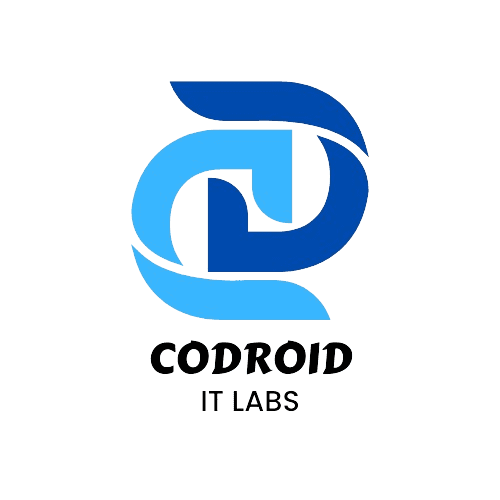
In the rapidly evolving digital ecosystem, Robotic Process Automation (RPA) stands as a cornerstone of operational efficiency. Its strategic deployment can dramatically propel an organization’s digital transformation journey, unlocking unprecedented productivity and innovation. Conversely, selecting an unsuitable partner can lead to significant budgetary overruns, operational bottlenecks, and a failure to realize automation’s true potential. This underscores the paramount importance of thorough vetting. To ensure your enterprise makes an informed choice and avoids common pitfalls when hiring an RPA implementation partner, here are ten essential questions to pose to any prospective RPA solutions provider as we approach 2025.
Essential Questions
- Beyond generic automation, how deep is your expertise within our specific industry vertical?
A provider with relevant sector experience understands market nuances, regulatory frameworks, and common pain points, leading to more tailored and efficient deployments. For instance, financial services necessitate stringent compliance and data security protocols, while a manufacturing client might prioritize high-volume scalability and integration with legacy ERP systems. - Could you furnish concrete examples or validated success stories demonstrating your capabilities?
A reputable partner will readily share detailed case studies, highlighting tangible, quantifiable results such as reduced processing times, significant cost savings, or enhanced accuracy rates. Insist on measurable outcomes that showcase real-world impact. - Which specific RPA platforms and underlying technologies constitute your core competencies?
Evaluate their proficiency across leading platforms (e.g., UiPath, Automation Anywhere, Blue Prism, Power Automate) to ensure alignment with your current technological stack and future strategic objectives. Their specialization should ideally complement your long-term vision. - Describe your methodology for initial process analysis and optimization prior to automation.
A proficient partner won’t merely digitize existing inefficiencies. They should employ a structured approach involving comprehensive process discovery, detailed mapping, and a robust return-on-investment (ROI) analysis to identify true automation opportunities and potential improvements before any bot development begins. - Outline your preferred implementation framework.
Do they lean towards agile iterations for rapid deployment and continuous feedback, or a more traditional waterfall approach? Crucially, do they advocate for proof-of-concept or pilot projects to validate the solution’s efficacy before embarking on a broader enterprise-wide deployment? - How do you guarantee the security of sensitive data and adherence to regulatory mandates?
Given that RPA often interacts with confidential financial, customer, or proprietary information, inquire about their protocols for data protection, encryption, access controls, and compliance with industry-specific regulations (e.g., GDPR, HIPAA, SOC 2, ISO 27001). - What capacity do you offer for bespoke solutions and future scalability?
Determine whether their solutions are flexible enough to accommodate your unique business requirements and grow seamlessly with increasing transactional loads. Furthermore, assess their ability to integrate effectively with your proprietary ERP, CRM, and other critical enterprise systems. - What comprehensive training and post-implementation support mechanisms do you provide?
The longevity and effectiveness of RPA depend heavily on user adoption and ongoing stability. Inquire about their structured training programs for your team, comprehensive documentation, continuous technical support, and outlined Service Level Agreements (SLAs) to ensure operational continuity. - How do you define and measure the success of an RPA deployment, including Key Performance Indicators (KPIs) and Return on Investment (ROI)?
A value-driven partner will offer clear metrics and dashboards, tracking improvements in areas such as processing velocity, accuracy rates, error reduction, and quantifiable cost efficiencies to validate the investment and demonstrate value realization. - Elaborate on your commercial pricing structure and engagement models.
Discuss their various pricing structures (e.g., fixed-price projects, time-and-materials, outcome-based agreements). Crucially, seek a transparent breakdown of the total cost of ownership (TCO), moving beyond initial implementation fees to include licensing, maintenance, and ongoing support.
Conclusion
Ultimately, the selection of your RPA implementation partner represents a pivotal strategic investment, not merely a transactional expense. By diligently posing these ten insightful questions, organizations can significantly mitigate risks, bypass common deployment hurdles, and lay a robust foundation for a truly seamless, scalable, and impactful automation journey as they embrace the future of work.
Ready to Get Started on Zoho?
Let’s build your business the smart way — with Zoho and Codroid Labs by your side.
📅 Book your free consultation now
